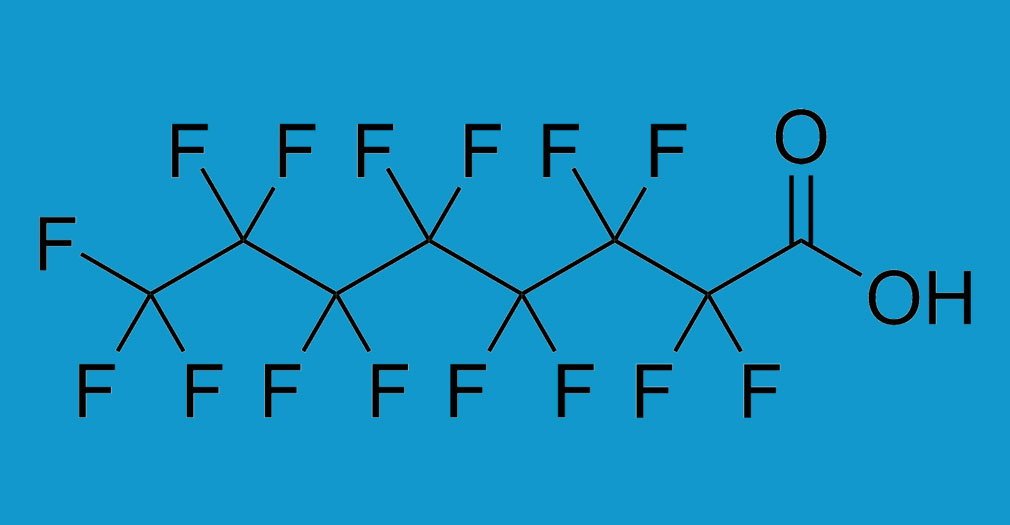
CATrends: OTC Cold and Flu Meds Falsely Marketed as Nasal Decongestants
An FDA panel’s recent findings has led to a flood of lawsuits.
Investigation gives birth to lawsuits challenging accuracy of prenatal tests.
This article highlights a trend in the filing of class-action lawsuits as identified by our Class-Action Tracker, aka CATrends.
“When they warn of rare disorders, these prenatal tests are usually wrong,” a New York Times headline proclaimed in January.
An analysis by The Times found that noninvasive prenatal tests, also known as microdeletion tests, while effective at detecting signs of common disorders, are much less reliable when it comes to screening for rarer conditions. Conducted in the first trimester of pregnancy, the tests use a blood sample from the expectant mother to identify developmental problems in the DNA of the fetus. The Times reported:
[T]he science behind these companies’ ability to test blood for common disorders is not in question. Experts say it has revolutionized Down syndrome screening, significantly reducing the need for riskier tests. However, the same technology – known as noninvasive prenatal testing, or NIPT – performs much worse when it looks for less common conditions.
In fact, The Times found that positive results on prenatal tests that screen for more rare conditions are wrong 85 percent of the time.
Three class-action lawsuits filed in February against two of the prenatal testing companies investigated by The Times now cite the paper’s findings.
The lawsuits allege the companies falsely advertise their prenatal tests as reliable at detecting signs of rare genetic conditions such as DiGeorge syndrome, a chromosomal disorder that affects about one out of every 4,000 births (compared to Down syndrome, which affects about one out of every 700 births).
One of two lawsuits filed against Natera, one of the largest test makers, over the marketing of its Panorama prenatal test, states:
Natera processes more than 400,000 NIPT tests each year, meaning that it tests about one in ten pregnant women in the United States. Each patient is led to believe that they will receive accurate results. Users of Natera’s NIPT test, however, have not received what they paid for given the numerous problems that have come to light and many – including Plaintiff – have been subjected to unnecessary stress and anxiety, and additional medical costs due to false positive indications of rare disorders.
The lawsuit claims on the company’s website “Natera specifically highlights the high ‘positive predictive value’ or PPV of Panorama for Down syndrome. Yet it never discloses the fact that the PPV for the rarer genetic conditions Panorama screens for is as low as 2-5%.”
In response to a request for comment, a Natera spokesperson told TINA.org, “We believe the complaint’s allegations are meritless. We intend to vigorously defend our company in this matter and believe we will prevail, should this case proceed.”
The other prenatal testing company facing class-action allegations is Myriad Genetics, which removed language on its website encouraging consumers to have “total confidence in every result” after The Times inquired about the tests, the paper reported.
A spokesperson for Myriad Genetics said the company does not comment on pending litigation.
Find more of our coverage on pregnancy here.
An FDA panel’s recent findings has led to a flood of lawsuits.
Class-action lawsuits target human and environmentally-friendly claims.
Consumer Reports study sparks class-action lawsuits.


